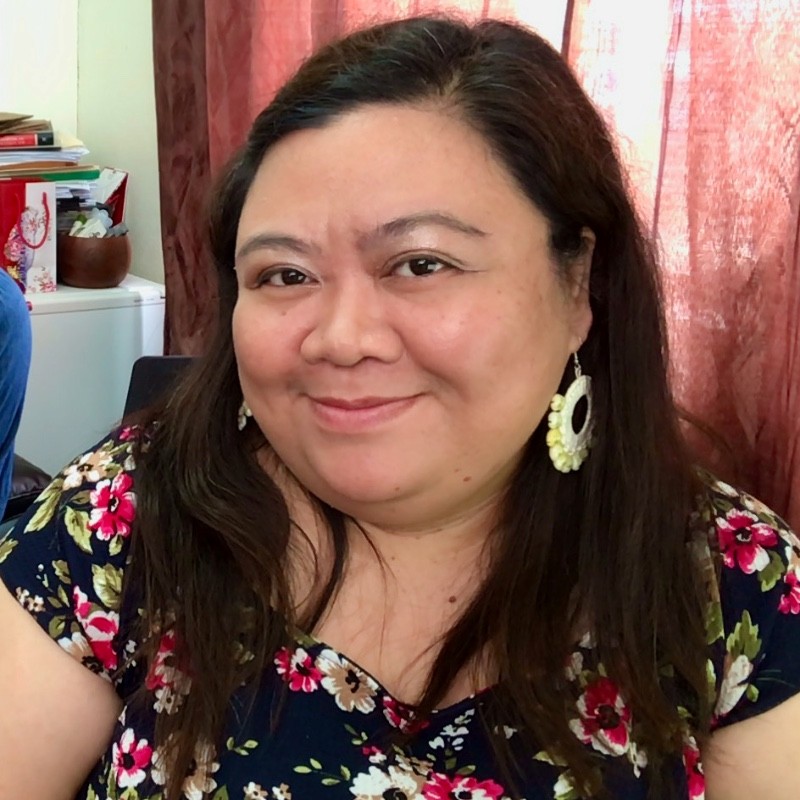Emma Dewhurst, senior program and research associate at the de Beaumont Foundation, tells us why public health and business partnerships are still rare; Edlen Anzures, acting ceputy secretary for the Ministry of Health and Human Services in the...
Emma Dewhurst, senior program and research associate at the de Beaumont Foundation, tells us why public health and business partnerships are still rare; Edlen Anzures, acting deputy secretary for the Ministry of Health and Human Services in the Republic of the Marshall Islands, explains why PHIG funding is needed to upgrade technology in the island areas; an ASTHO toolkit can help your agency improve access to critical medications; and ASTHO’s PH-HERO Workforce Resource Center is your place to find tools, recommendations, and more to help you help your workforce.
ASTHO Web Page: PH-HERO Workforce Resource Center
JANSON SILVERS:
This is the award-winning Public Health Review Morning Edition for Friday, March 28, 2025. I'm Janson Silvers. Now, today's news from the Association of State and Territorial Health Officials.
EMMA DEWHURST:
In 2022, the de Beaumont Foundation launched Innovative Multi-sector Partnerships for Community Transformation, or IMPACT, in public health to catalyze partnerships between public health departments and businesses.
SILVERS:
Emma Dewhurst, with the de Beaumont Foundation, recently wrote a how-to article for thriving partnerships between public health and private sector businesses.
DEWHURST:
The program provided grants to support these partnerships, helping facilitate conversations to establish the alignment of interests between and within these sectors and spotlight exemplary partnerships by documenting their role In driving sustainable improvements in community health.
SILVERS:
Dewhurst says although businesses and public health have common interests, these partnerships are still pretty rare.
DEWHURST:
And the heart of the issue here is really mindset, even though businesses have a massive impact on economic health, community stability, and of course, the health of their own employees. Public health, for the most part, doesn't really see the business world as part of its mission and vice versa.
SILVERS:
Part of her strategies include ways public health can successfully communicate with the business community.
DEWHURST:
So, my first recommendation for public health leaders is to speak to business leaders in a language that resonates with them, show them how public health efforts can directly support their own goals, things like reducing absenteeism, lowering health care costs, and creating healthier, more productive workplaces.
SILVERS:
Read Dewhurst's full article by clicking the link in the show notes,
The Republic of the Marshall Islands is using PHIG funding for badly-needed technology upgrades, such as internet capabilities. Here's Edlen Anzures.
EDLEN ANZURES:
We want to build up that area. We want that technology, we got the PHIG to support it, but if PHIG ends in 2027 then we have to find ways to sustain the expenses.
SILVERS:
Anzures says currently their local health centers, which do not have electricity, communicate with physicians and emergency services through radio. So, the upgrades would completely change their whole system.
ANZURES:
So, we need communication. We need funding to continue, but we have started with PHIG, which is the purchase, installation, and subscription of the Starlink. Currently, we're just waiting for the 19 Starlinks that we purchased under the PHIG and we will be able to put it in the 19 health centers.
SILVERS:
Anzures adds that it isn't just buildings getting the upgrades, but much needed upgrades to their emergency water transportation.
ANZURES:
We also bought the one for the mobile vehicle, like for the boat. So, you know how we are. We're scattered. If we want to go to one of the health centers outside the main island, it's either we do it by plane or by boat. So, both. We need satellite services there that can be able to data invoice. So, we're going to install one Starlink, high capacity Starlink, in all the boats that we have.
SILVERS:
Unfortunately, several weeks ago without communication means with their emergency boat, the boat capsized, and four of their personnel have been missing since. It's a heartbreaking example of how technology upgrades from a grant like PHIG could be the difference between life and death.
Also today, an ASTHO toolkit can help your agency improve access to critical medications. The toolkit will assist your team in preparing for drug shortages, developing important partnerships and more. All this can be found when you click the link in the show notes.
Finally, this morning, ASTHO's Public Health Hope, Equity, Resilience and Opportunity, or PH-HERO, Workforce Resource Center is your place to find tools, recommendations and more to help you help your workforce. The initiative is designed to address workforce burnout, retention, and recruitment. The link, as always, is in the show notes.
That'll do it for today. We're back on Monday morning with more ASTHO news and information. I'm Janson Silvers, you're listening to the award-winning Public Health Review Morning Edition. Have a great weekend.






